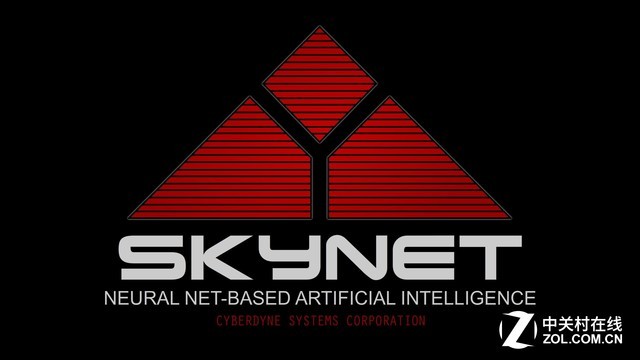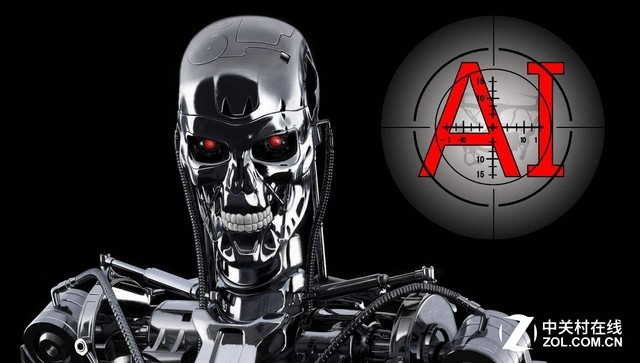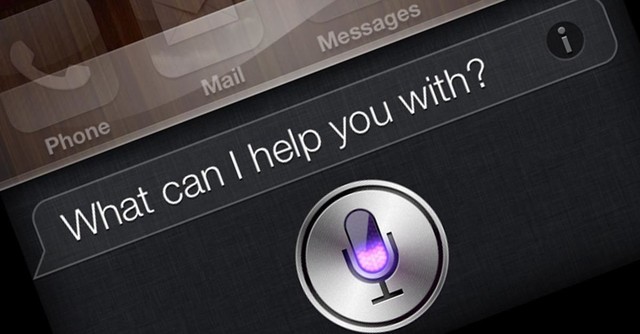"Comprehensive artificial intelligence could mark the end of human existence. Machines might begin operating on their own, continuously redesigning themselves at an accelerating pace. Given the slow process of biological evolution, humans would be unable to keep up. We could be replaced." – Stephen Hawking

The "Terrain" in "The Terminator" nearly wiped out humanity. The idea of artificial intelligence often stems from fear and anxiety. When people first became aware of these theoretical concepts and introduced them to the public, they were mostly the result of movie creators' imaginations. It's hard to tell whether we're still in the realm of fiction. Skynet from "The Terminator" is just one example of how AI has been portrayed in films. In fact, the concept of artificial intelligence may soon become another popular theme, much like alien intelligence in science fiction.
Many people fear AI as much as they fear tigers. But are these concerns really baseless? Not necessarily. The fact that such ideas are repeatedly brought up and supported by many shows that AI could indeed pose a real threat to humanity. AlphaGo defeated top human chess players, but that’s old news now. AlphaGo Zero recently defeated its predecessor 100 to 0, creating a major stir in the AI world. What's the difference between AlphaGo and AlphaGo Zero?
AlphaGo vs. AlphaGo Zero AlphaGo Zero doesn’t rely on any human data or knowledge; it learns entirely on its own. In just three days, it played 4.9 million games of chess. It won 100-0 against its predecessor. Previously, AlphaGo spent months studying 30 million human games to beat humans. Now, AlphaGo Zero isn't limited by human knowledge—it can discover new strategies and develop new ways of thinking. This makes deep learning more efficient and applicable for complex decision-making. It's no surprise that the emergence of such a "monster" has once again sparked fears about strong AI replacing humans. Let's step back for a moment (we'll come back later). First, let's talk about the AI we encounter in our daily lives. A simple example is "Siri." Most of today's AI appears as an "audio assistant," used in smart speakers and TVs. In other words, current AI isn't as dangerous as Skynet. It can help you change channels or play songs. At this stage, AI still can't completely replace your remote control. That's about it.
Siri is also an "artificial mental retardation" So, can these "clumsy" systems eventually gain the wisdom to conquer humanity? The answer is yes, but not yet. How would they take over? You might want to look at the blueprint for a future dominated by advanced AI created by the author.

The "Terrain" in "The Terminator" nearly wiped out humanity. The idea of artificial intelligence often stems from fear and anxiety. When people first became aware of these theoretical concepts and introduced them to the public, they were mostly the result of movie creators' imaginations. It's hard to tell whether we're still in the realm of fiction. Skynet from "The Terminator" is just one example of how AI has been portrayed in films. In fact, the concept of artificial intelligence may soon become another popular theme, much like alien intelligence in science fiction.

Many people fear AI as much as they fear tigers. But are these concerns really baseless? Not necessarily. The fact that such ideas are repeatedly brought up and supported by many shows that AI could indeed pose a real threat to humanity. AlphaGo defeated top human chess players, but that’s old news now. AlphaGo Zero recently defeated its predecessor 100 to 0, creating a major stir in the AI world. What's the difference between AlphaGo and AlphaGo Zero?

AlphaGo vs. AlphaGo Zero AlphaGo Zero doesn’t rely on any human data or knowledge; it learns entirely on its own. In just three days, it played 4.9 million games of chess. It won 100-0 against its predecessor. Previously, AlphaGo spent months studying 30 million human games to beat humans. Now, AlphaGo Zero isn't limited by human knowledge—it can discover new strategies and develop new ways of thinking. This makes deep learning more efficient and applicable for complex decision-making. It's no surprise that the emergence of such a "monster" has once again sparked fears about strong AI replacing humans. Let's step back for a moment (we'll come back later). First, let's talk about the AI we encounter in our daily lives. A simple example is "Siri." Most of today's AI appears as an "audio assistant," used in smart speakers and TVs. In other words, current AI isn't as dangerous as Skynet. It can help you change channels or play songs. At this stage, AI still can't completely replace your remote control. That's about it.

Siri is also an "artificial mental retardation" So, can these "clumsy" systems eventually gain the wisdom to conquer humanity? The answer is yes, but not yet. How would they take over? You might want to look at the blueprint for a future dominated by advanced AI created by the author.
Circular Saw Blade Printing Machine
Circular Saw Blade Printing Machine,Saw Blade Printing Machine,Printing Machine Of Saw Blade,Two Color Transfer Printing Machine
Suzhou Mountain Industrial Control Equipment Co., Ltd , https://www.szmountain.com